With the school system’s current curriculum, it is hard to get into the new types of sciences that spark your interest. Because it is necessary to take the required courses, students may feel that they lack sufficient diversity in their choices, even when selecting from AP science classes. Due to this, students who wish to pursue more specialized science fields felt that they should create a club to cater to their needs. This year marks the start of a new club called Biochem, started by two seniors wanting to involve students in learning new fields of science not regularly taught by schools.
“We noticed high schoolers were not getting taught in many fields of science; we are limited to environmental science, chemistry, sometimes physics and biology. We wanted to expose high schoolers to different fields of science that are lesser known, such as organic chemistry and molecular biology,” Co-president Maggie Guo said.
Science teacher Karl Koeval was their first choice when picking out a sponsor for their club. His experience and personality fit well for the role.
“Mr. Koeval is a very nice and inviting person. We think he is a perfect fit for hosting and helping us to host our meetings and for us to use his classroom. Also, his background as an environmental science teacher and a chemistry teacher,” Guo said.
When Mr. Koeval received the request, he understood the conflict of getting a sponsor for a club and agreed to the request. He was very pleased and excited and thinks this is a good opportunity.
“ I was flattered they would ask me. I know it is difficult to find a sponsor sometimes, and the students said they really just needed a room and a teacher present,” AP teacher Karl Koeval said.
To be able to learn more about the sciences that cannot be learned in school, they would need to get in touch with professional scientists. Especially learning from an Organic Chemist Professor.
“I am in the organic and biochemistry class, so the teacher at Career Center majored in this stuff; he is very used to experimenting. I can bring him in, and he will teach us more that we don’t know and do some cool experiments. My father is an organic chemist professor, so he and his colleagues are available to come in and teach us, and do hands-on experiments with us to expose us to more unfamiliar fields,” Guo said.
Due to both being friends sharing a similar interest in science, they can understand and collaborate. Maintaining their passion and mindset.
“We both know a lot about science, like she is huge in biology and I am big in chemistry. I love AP Chem and the concept of biochemistry. I totally enjoy it, it’s so fun. So I think we both have the same mindset, wanting to expose ourselves to more students,” Guo said.
They have taken every science class that is available, absorbing all the knowledge they are able to get.
“We both share a passion for the sciences; we have taken all of the AP sciences that are available in high school,” Knotts said.
What students care most about is the benefits that they can gain from this club. The two Co-presidents want to influence students’ future, and plan the trajectory of the club.
“Learning more science that they don’t really have the option to in their high school right now, it’s kind of branches out to when they go to college, they are gonna have the option to take organic chemistry, and here it kind of gives you a little bit of insight into what the class might be like. And students can dive deeper into different sciences that they won’t usually take in high school that aren’t available,” Guo said.
Whether you are a freshman, sophomore, junior, or even a senior, it’s never too late to join a club. Better late than never. The club certainly welcomes everyone and wants to benefit students from its possibilities.


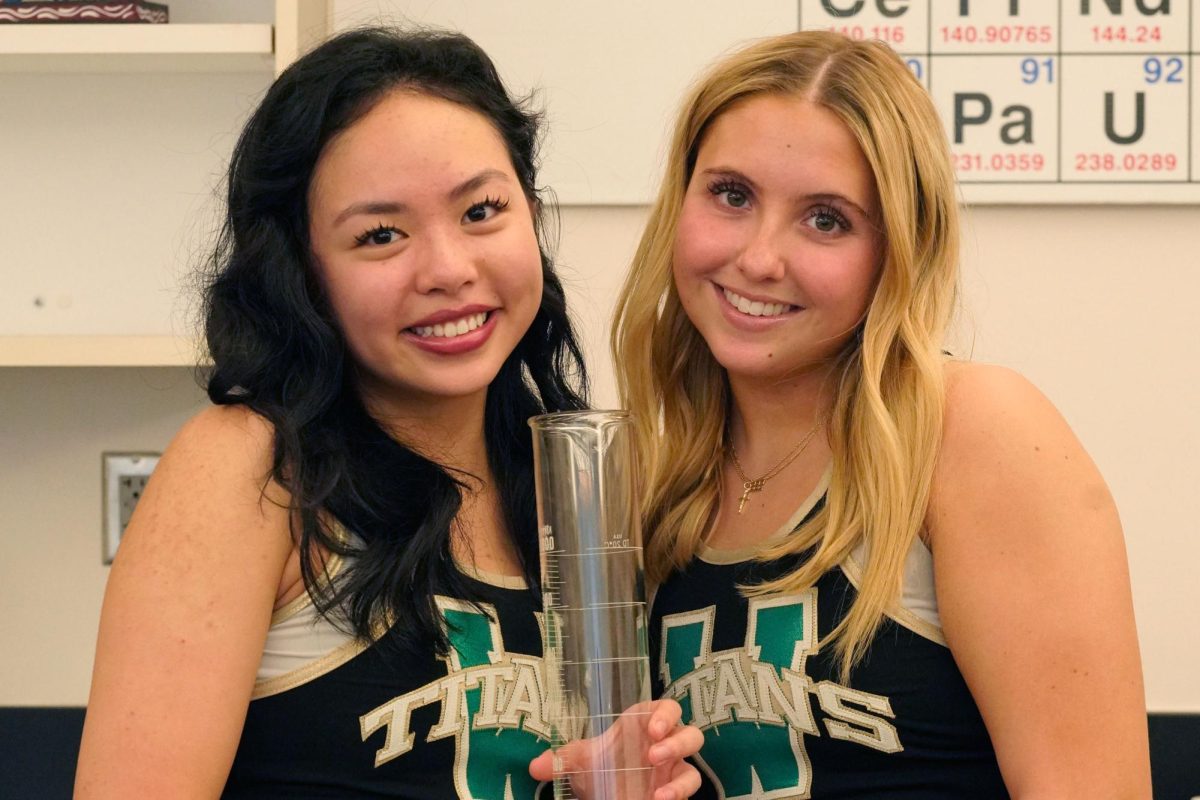
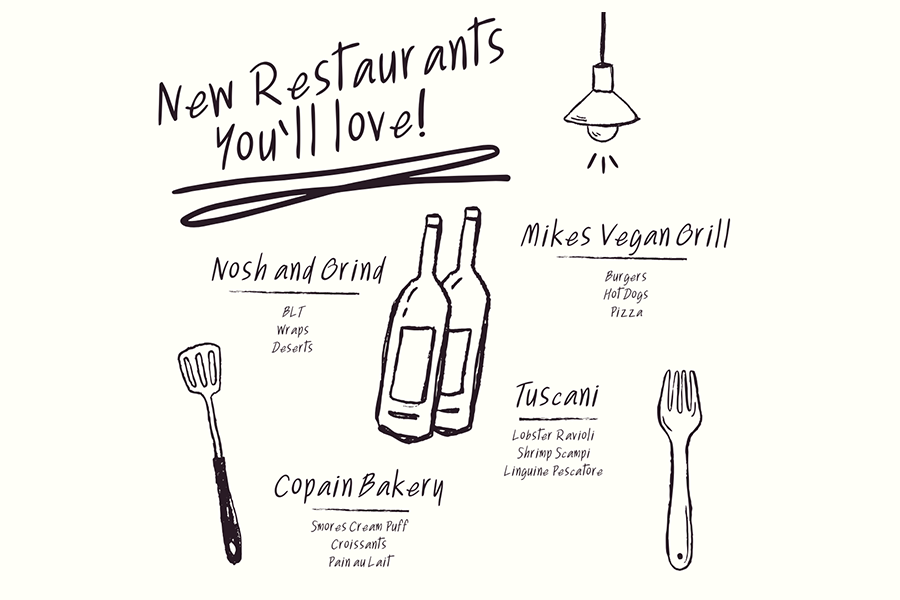
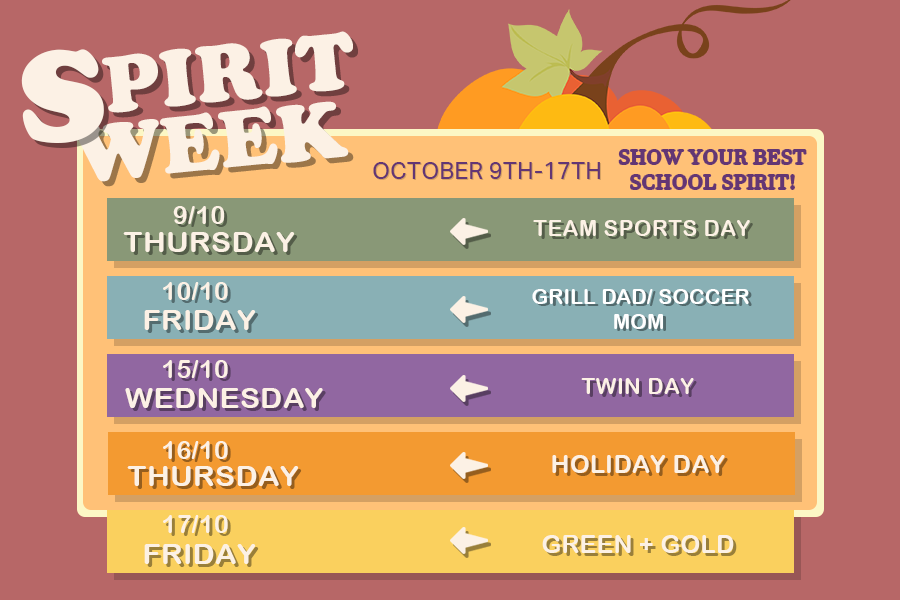
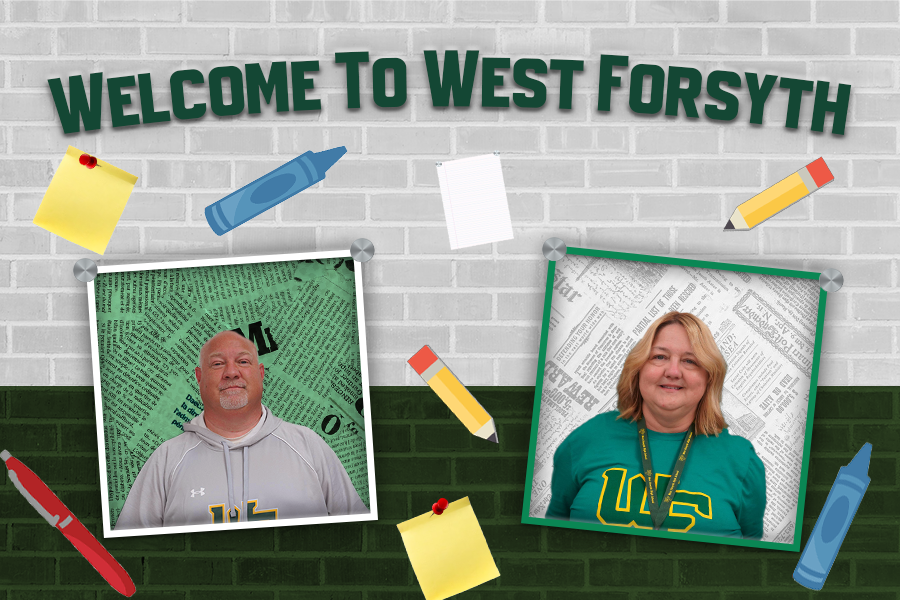
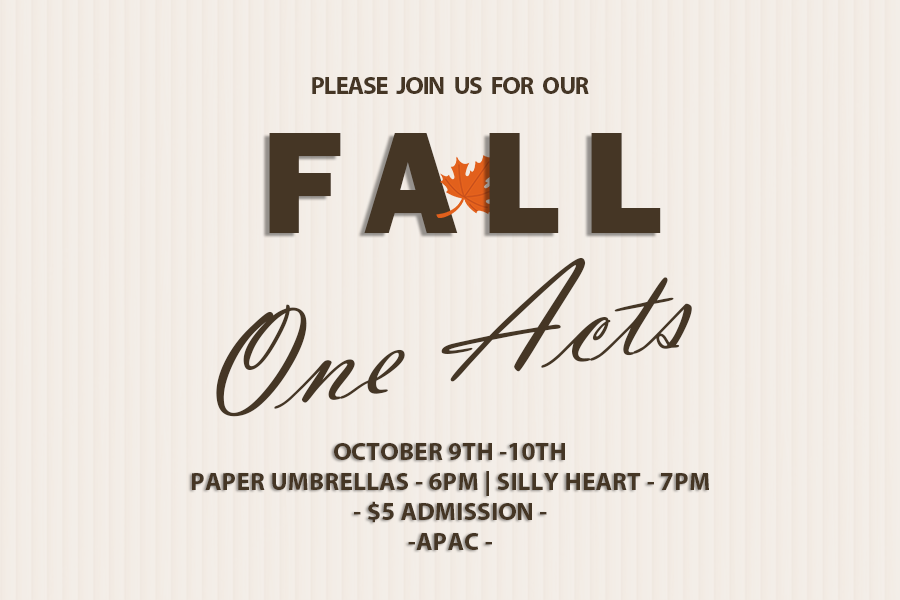
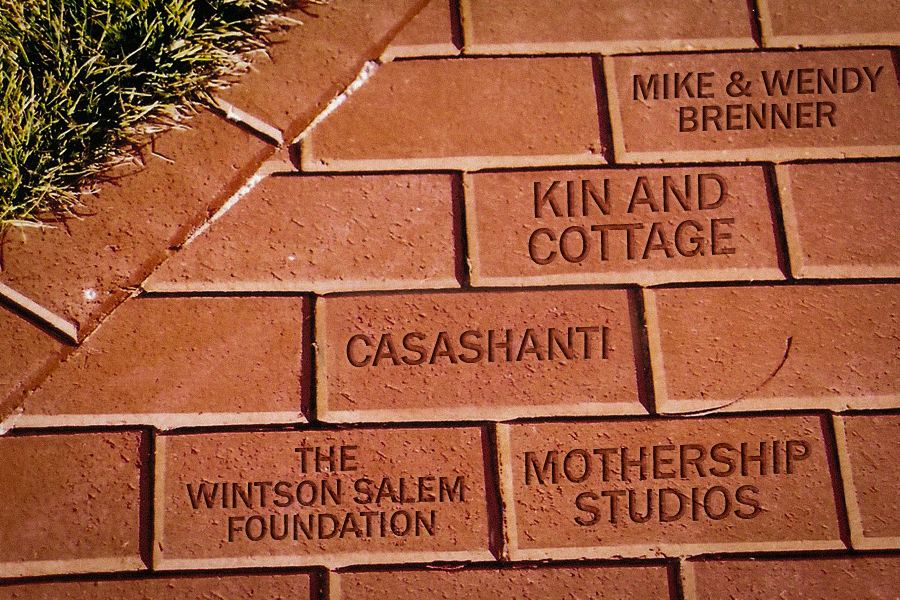
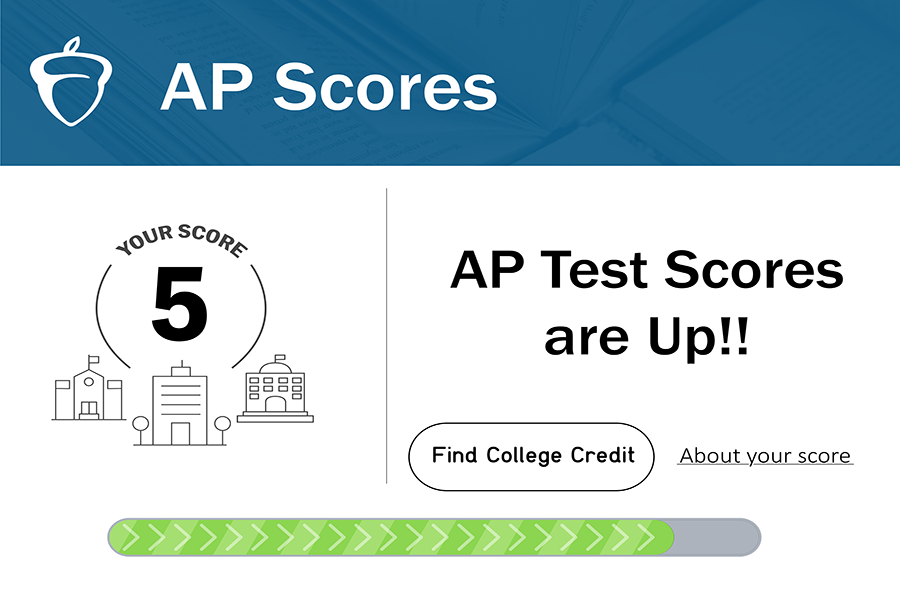
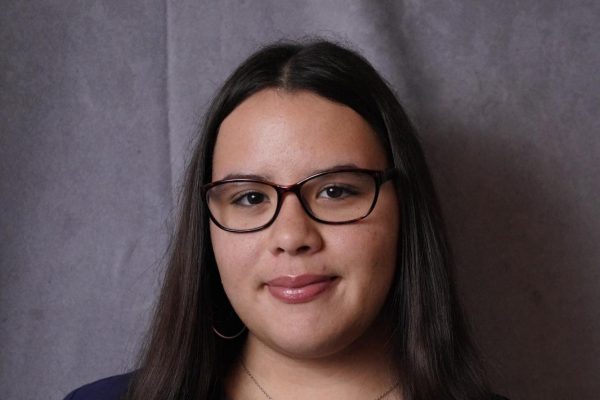
Lijie Dong • Oct 3, 2025 at 4:38 pm
Mary, this is such a thoughtful and well-written piece! You captured the spirit and purpose of the Biochem Club beautifully. Keep up the great work—your voice matters!